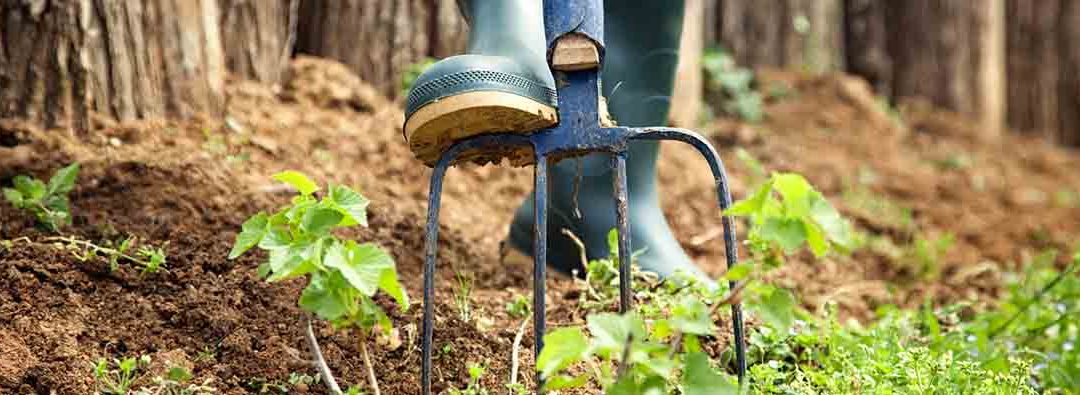Weeds.
There are few things that irk Americans fond of immaculate green lawns and flower beds more than the snowball tops of hated weeds. But before you tear out your hair when these pertinacious rascals start popping up all over the place, take a moment to read 3 ways in which these misjudged sprouts are actually beneficial not only to the lawns they grow in, but to humans as well.
1. Benefit and Protect Soils

“Weeds” growing in a yard
Far from harming the places in which they grow, many “weeds” actually enrich the soils they grow in. Some, like dandelions, have deep roots that break up lower levels of soil allowing for increased air and water flow as well as bringing new nutrients to the topsoil for other plants to use. Others, like white and red clover, are pros at nitrogen sequestration, which means they capture nitrogen from the air and put it in the soil around them for other plants to benefit from. ALL weeds benefit their local soil by preventing erosion with their roots as well as acting as cover crops to keep soils from losing water and nutrients due to bare exposure.

Medicinal herbs, many traditionally considered “weeds”
2. Medical and Edible
Ralph Waldo Emerson once wrote, “What is a weed? A plant whose virtues have not yet been discovered.” Many of the plants we dismiss as nuisances actually harbor admirable medicinal and nutritional attributes. Many of the “weeds” in your yard and garden are actually good sources of food and medicine.

Bee Pollinating a White Clover Bloom
3. Biodiversity Boost
The healthiness of an ecosystem is often directly linked to its level of biodiversity. This means that while manicured green lawns and weed-free wheat fields might look pretty, they are actually unhealthy for the surrounding ecosystem. Having a few weeds – especially flowering weeds – attracts pollinators and other insects, helping to increase the overall biodiversity of an area.
So to wrap up: some plants, like poison ivy and invasive species, really are just a bother and should be removed when discovered, but many weeds – including dandelion, clover, plantain, and chickweed – may not be the villains we once thought. So, before tearing up the sprouts or spraying your yard with “Weed-Death”, remember that the “weeds” you are trying to kill might actually be doing your lawn – and you – a service.
Want to see what other weeds are considered beneficial? Click here
Want to more about some common beneficial weeds? Click here
Want to learn about a local farm that embraces beneficial weeds? Click here
